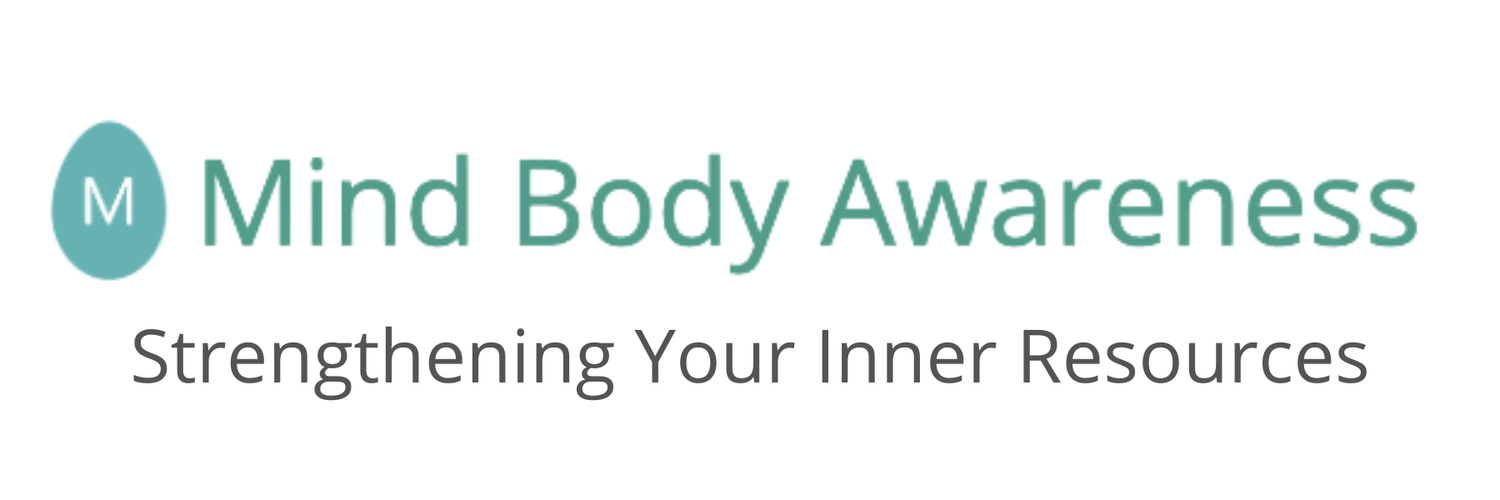Alternative Ways to View Stress
Unburdening Our Bodies to a Place of Peace
Stress is a natural response that affects all of us at one point or another. It can take various forms, including tension, discomfort, mental chaos, and even physical symptoms like indigestion.
However, stress is not always negative; it can be a whole-body message that signals danger zones and prompts us to take action to resolve a situation.
I am sharing in this blog how stress can be viewed as a gift to our awareness, and how we can use alternative ways to unburden our bodies to a place of peace.
As individuals, we can learn to see stress as an opportunity for growth and self-awareness.
I have learned to take steps to view stress as a positive force in my life, one that energizes me towards better solutions.
This type of stress is called "eustress," and it can serve as a motivator and compass for your actions as well. We are all naturally resilient.
Recently, my husband crashed his bike, and I had to rush him to the hospital.
This experience triggered high levels of cortisol in my body, but I was able to tap into my body's wisdom and find a way to act from a state of consciousness.
Here are the steps I took to be with the experience as an unburdening process:
Breathe deeply: When we are stressed, our breathing tends to become shallow and fast. By taking deep breaths, we can help calm the body and mind, reducing feelings of anxiety and panic. I coached my husband to breathe on the way to the hospital.
Seek support: During times of stress, it's essential to reach out to friends, family, or even professional help. Having a support system can help us manage stress and feel less alone. I called my husband’s best friend, and my son on the phone to talk to my husband while I focused on guiding the breathing.
Being present: Staying in the present moment can help us avoid getting overwhelmed by our thoughts and emotions. By focusing on what is happening right now, we can gain a sense of control over the situation. Breath and a focus on feeling supported helped me remain calm and in my breathing.
4. Enlist a team of support: Sometimes, it's helpful to have a team of people working together to manage stress. In my case, I enlisted the help of nurses and doctors at the hospital to provide the best care for my husband.
5. Tend to the body: After the initial stress has passed, it's crucial to take care of our bodies physically. Rest, nourishment, and self-care practices like yoga nidra, and micro repetitions on breath, and frequency of practice help us recover from stressful traumatic experiences more quickly.
6. Gratitude: Ongoing gratitude was a helpful practice both my husband and I enlisted during this tragic fall. He is seeing the gift of ongoing rest and restorative practices as building resilience and sage renewal. He is learning to let go of what he can’t do right now, and release all of his negative future fears. He is learning to build strength in his non-dominant hand. I am learning to slow down, have a calm voice, and transition slowly as a gift to my practice.
By taking these steps, we can view stress as a gift to our awareness, informing us of a better way to live. We can unburden our bodies to a place of peace, navigating stress in a healthier and more productive way.
If you would like an ongoing Yoga Nidra practice that will help you recover more quickly from stress,
click the BUTTON and we will send it along in your inbox.
Jennifer Degen
April 26, 2023
Categories
Select Category...
- Alberto Villoldo
- Ancestral Superfoods
- Art
- Attunement
- Autumn wellness retreat
- Body
- Boundaries
- Breathwork
- Buddhist Tradition
- Chanting
- Community
- Contentment
- Costa Rica
- Costa Rica Retreat
- Creative Expression
- Creativity
- Crystal Healing
- Daily
- Deep Rest
- Diet
- Digestive Health
- Embodied Living
- Family & Wellness
- Financial security
- Food
- Gratitude
- Grief Transformation
- Grounding
- Guided Meditation
- Habit Patterns
- Hakomi therapy
- Hatha
- Healing
- Health
- Health Wellness
- Healthy Diet
- Holiday Event
- Hypnosis
- Hypnotherapy
- Intelligence
- Intention
- Intuition
- Judgement
- Kathleen Burns Kingsbury
- Kundalini
- Kundalini Yoga
- Leaning In Podcast
- Leslie Yerger
- Life Purpose
- Mandala
Featured Blogs








